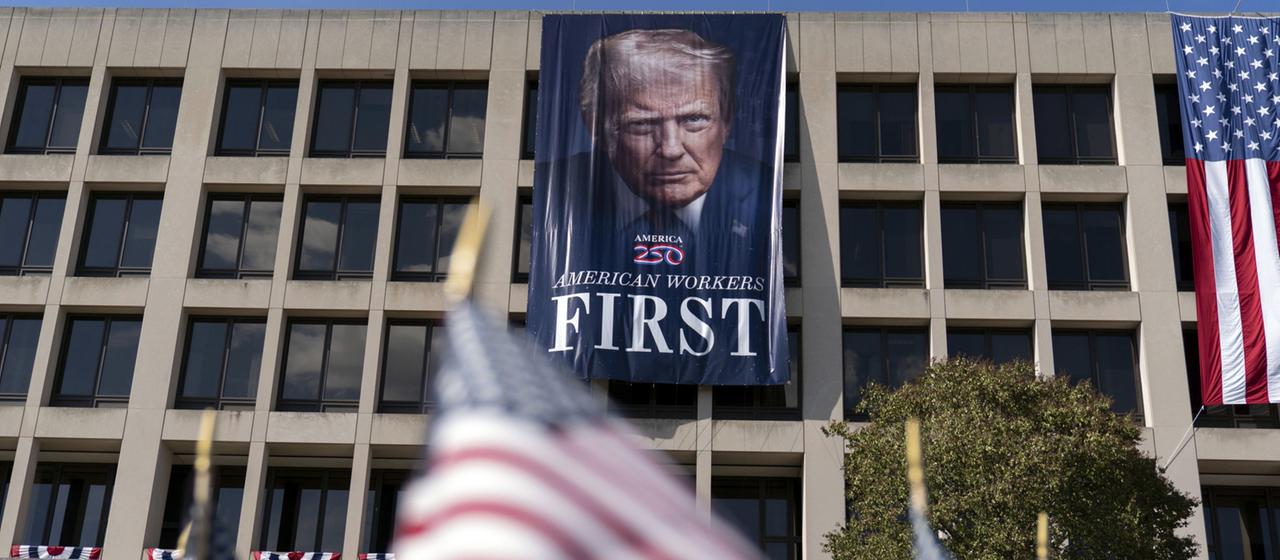
Numerous US tariffs are illegal. A US appeals court has ruled this. US President Trump exceeded his authority by imposing the tariffs. Trump responded belligerently.
Tariffs are a key instrument of power for US President Donald Trump. Numerous affected countries and companies are criticizing his actions. Now, there's new legal headwind: A US appeals court has ruled that some of the tariffs imposed are legally impermissible. The judges ruled that the law, which Trump is citing for tariffs against China, Canada, and Mexico, among others, explicitly excludes tariffs.
Trump justified the tariffs with the International Emergency Economic Powers Act (IEEPA) of 1977. This law authorizes the president to respond to"unusual and extraordinary" threats during a national emergency. However, tariffs are not mentioned in the act."It is unlikely that Congress intended, in enacting IEEPA, to depart from its past practice and grant the president unlimited tariff authority," the ruling stated.
However, the court left the tariffs in place until October 14 to allow for an appeal to the Supreme Court.
Trump wants to go to the Supreme Court
Trump reacted angrily to the decision on his social media platform, Truth Social. He called the appeals court partisan. If these tariffs were repealed, it would be a total disaster for the country, the Republican wrote. He announced that he would save the tariffs with the help of the Supreme Court. If the appeals court's decision stands, it would"destroy" the United States, Trump said.
Tariffs typically require approval by the U.S. Congress. However, Trump argued that trade deficits with other countries were a national security risk and therefore constituted a national emergency. Using this justification, he imposed the tariffs and bypassed Congress.
He justified the tariffs imposed on China, Canada and Mexico in February by arguing that these countries were not doing enough to combat fentanyl smuggling.
The New York-based U.S. Court of International Trade had already ruled against Trump's tariff policy on May 28. The three-judge panel included a judge appointed by Trump during his first term.
Another court in Washington has also ruled that the IEEPA law does not permit the tariffs. Five small US companies and twelve Democratic-governed states filed the lawsuit. They argued that the Constitution grants Congress, not the president, the authority to impose taxes and tariffs. In total, at least eight lawsuits against Trump's surcharges are pending.
The decision does not affect tariffs imposed on other legal grounds, such as duties on steel and aluminum imports.

